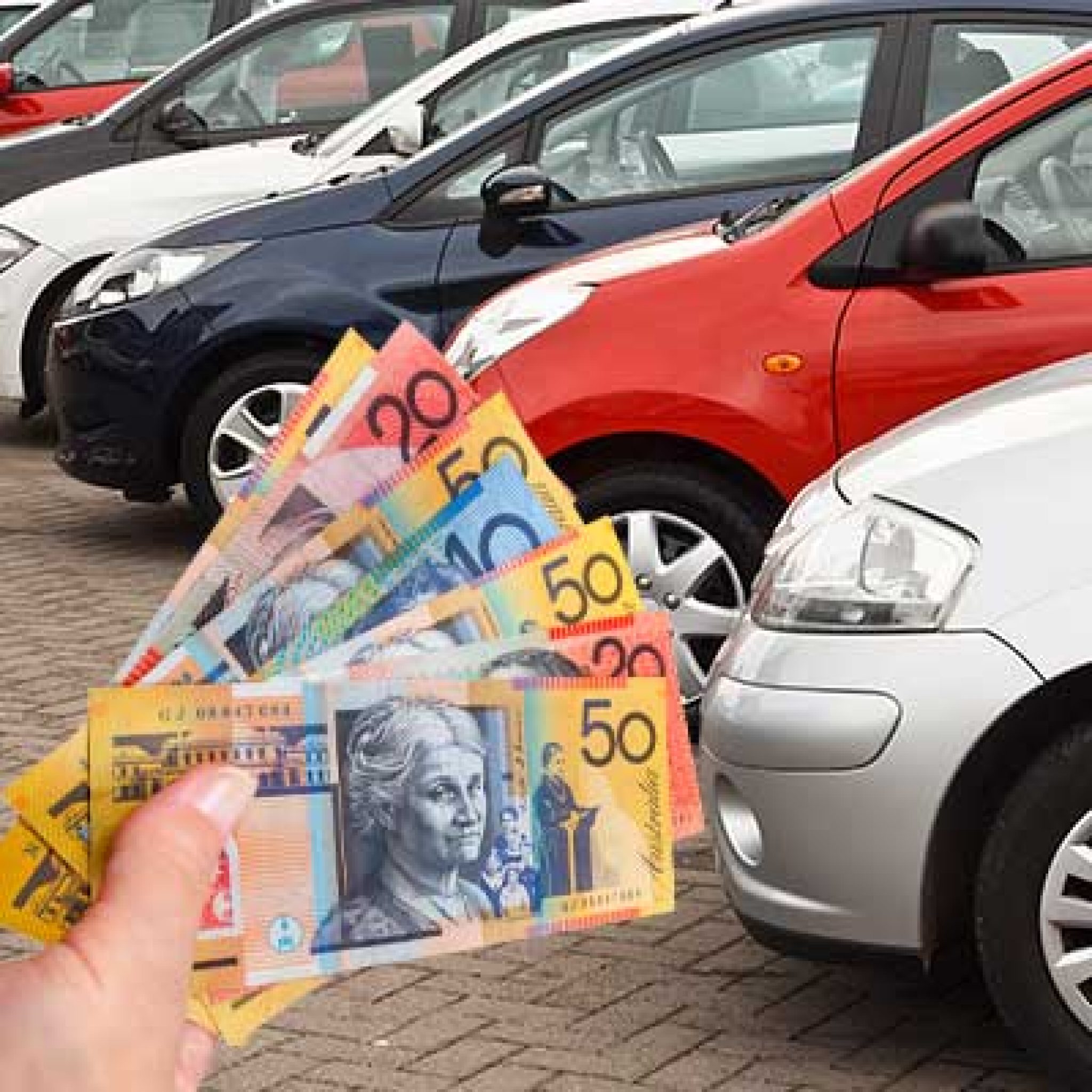Introduction:
Finding the perfect car in Brisbane involves a combination of research, careful consideration of your needs, and navigating the local automotive market. This comprehensive guide provides valuable insights and steps to help you discover the ideal vehicle that aligns with your preferences and requirements in the vibrant city of Brisbane.
1. Define Your Requirements:
- Start by clearly defining your requirements. Consider factors such as the number of passengers, fuel efficiency, safety features, and whether you need a sedan, SUV, hatchback, or another type of vehicle.
2. Set a Realistic Budget:
- Determine a realistic budget for your cash for cars in Brisbane Northside purchase. Factor in not only the purchase price but also ongoing costs such as insurance, maintenance, and fuel. This ensures you find a car that meets your financial expectations.
3. Research Car Models:
- Explore various car models that fit your criteria. Research the specifications, features, and consumer reviews for each model. Pay attention to factors like reliability, fuel economy, and overall performance.
4. Check Dealerships and Online Platforms:
- Visit local dealerships in Brisbane to explore the available inventory. Additionally, utilize online platforms and websites to browse through a wide range of cars. This allows you to compare prices and features conveniently.
5. Consider Certified Pre-Owned Cars:
- Certified pre-owned (CPO) cars offer a balance between new and used. They undergo rigorous inspections, come with extended warranties, and often provide the reliability of a new car at a more affordable price.
6. Test Drive Several Cars:
- Schedule test drives for multiple cars on your shortlist. Experiencing how a car handles, its comfort level, and its features firsthand is crucial in making an informed decision.
7. Verify Vehicle History Reports:
- For used cars, obtain a vehicle history report to check for any accidents, title issues, or odometer discrepancies. This report provides valuable insights into the car’s past and helps you make a more informed choice.
8. Negotiate the Price:
- Once you’ve identified the car you want, be prepared to negotiate the price. Research the fair market value of the vehicle and use this information to negotiate with the seller or dealership.
9. Arrange a Pre-Purchase Inspection:
- Before finalizing the purchase, arrange for a pre-purchase inspection by a trusted mechanic. This step helps identify any potential issues that may not be apparent during a standard test drive.
10. Understand Warranty and Return Policies:
Familiarize yourself with the warranty and return policies associated with the car purchase. Understanding the terms and conditions ensures you have recourse in case of unforeseen issues.
11. Secure Financing (if needed):
If you require financing, secure a pre-approved loan before visiting dealerships. This gives you a clear understanding of your budget and strengthens your negotiating position.
12. Finalize the Paperwork:
Once you’ve agreed on the price and terms, carefully review and finalize the paperwork. Ensure all necessary documents, including the title transfer and bill of sale, are completed accurately.
Conclusion:
Finding the perfect Car Removal in Brisbane involves a systematic approach that considers your preferences, budget, and the local automotive market. By following this ultimate guide, you’ll be well-equipped to navigate the process and drive away with a vehicle that suits your needs in the vibrant city of Brisbane.
1. How can I find the best deals on cars in Brisbane?
- To find the best deals, regularly check online platforms, visit local dealerships, and be open to certified pre-owned options. Comparing prices and staying informed about promotions can help you secure a favorable deal.
2. What factors should I consider when choosing between new and used cars?
- Consider factors such as budget, depreciation, warranty coverage, and personal preferences. New cars offer the latest features, while used cars may provide better value. Evaluate your priorities to make the right decision.
3. Is it necessary to get a pre-purchase inspection for a used car?
- Yes, a pre-purchase inspection is crucial for assessing the condition of a used car. It helps identify potential issues and ensures you make an informed decision before finalizing the purchase.
4. How do I negotiate the price effectively when buying a car?
- Research the fair market value of the car, be prepared to walk away if the price isn’t right, and consider factors like the vehicle’s condition and any additional features. A polite yet firm negotiation can lead to a favorable outcome.
5. What should I do if I encounter issues with a recently purchased car?
- If you experience issues, check the warranty terms and contact the seller or dealership promptly. Document the issues and communicate them clearly, seeking a resolution based on the agreed-upon terms and applicable warranties.
